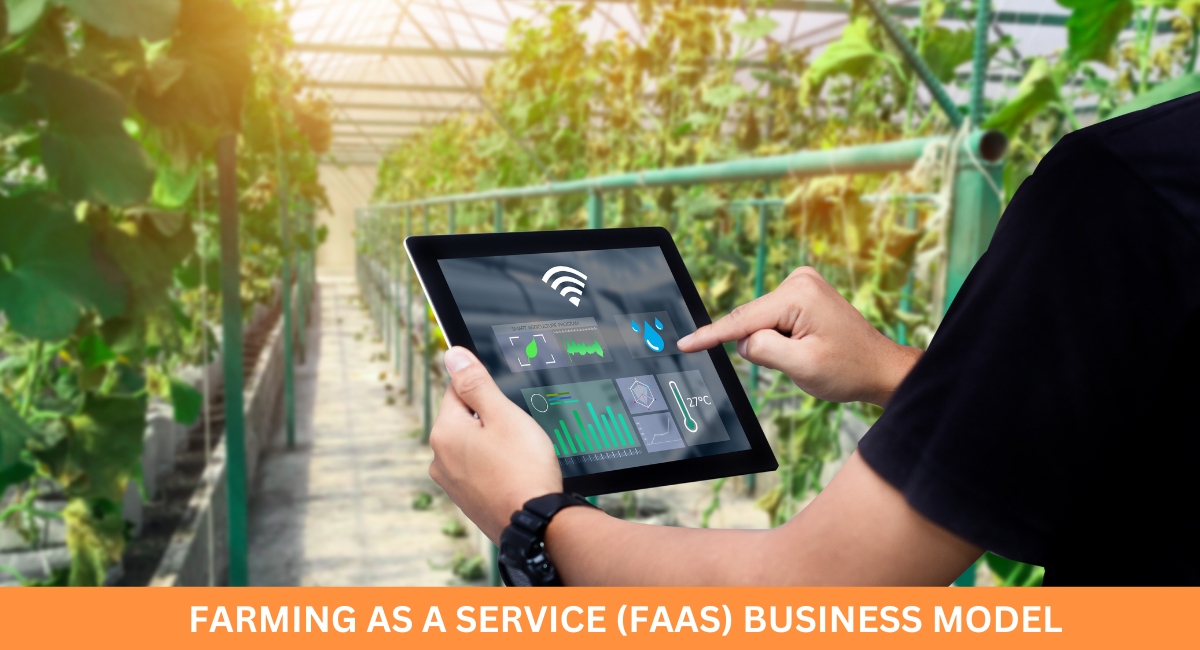
In the dynamic landscape of Indian agriculture, crafting a business model for Farming As A Service (FAAS) requires careful consideration of the diverse needs and challenges. Here’s a robust and adaptable business model tailored for the Indian scenario:
Subscription-Based Model for Smallholder Farmers:
Implement a subscription-based model that caters to the majority of smallholder farmers in India. Offer affordable packages providing access to Precision Farming tools, Quality Maturity Model (QMM) assessments, and participation in the Global Agri Value Chain (GAVC). This ensures inclusivity and scalability.
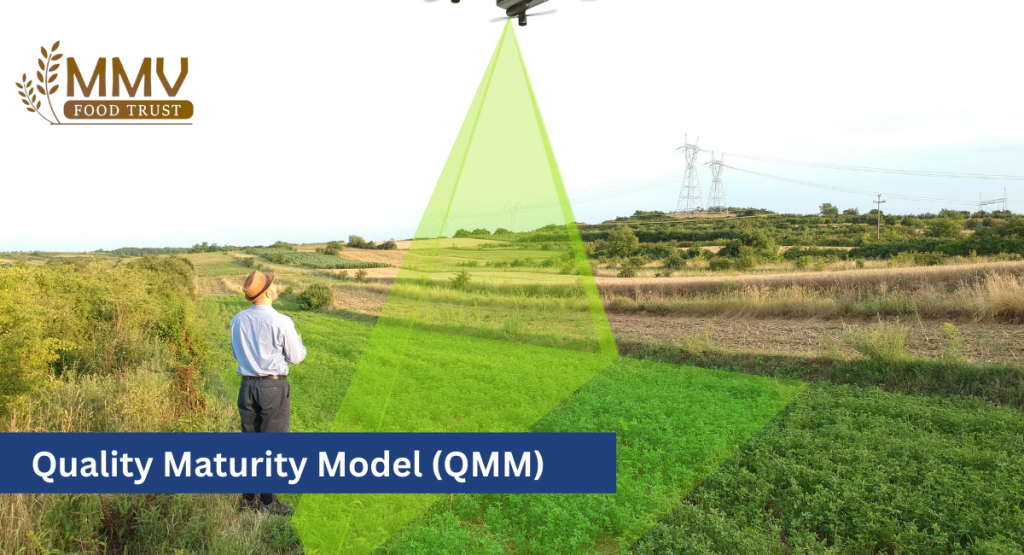
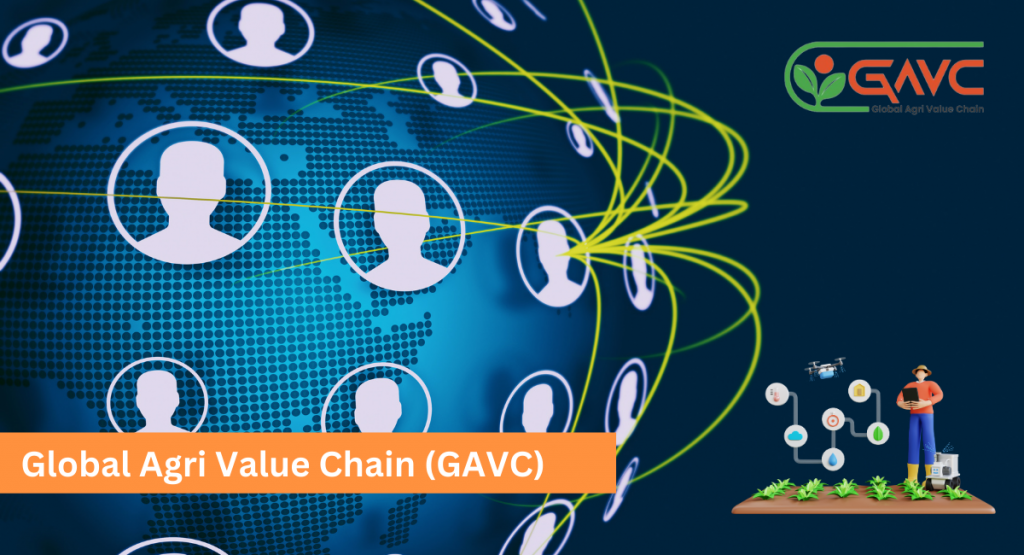
Government Collaboration and Subsidies:
Collaborate with government initiatives to integrate FAAS into existing agricultural policies. Seek subsidies or incentives to make the service more accessible to farmers. This partnership not only facilitates adoption but also aligns with national efforts to modernize agriculture.


Customized Packages for Regional Crops:
Recognize the diversity of crops grown across different regions of India. Develop customized FAAS packages tailored to the specific needs and growth cycles of regional crops, ensuring that farmers receive targeted support and insights for their particular agricultural practices.
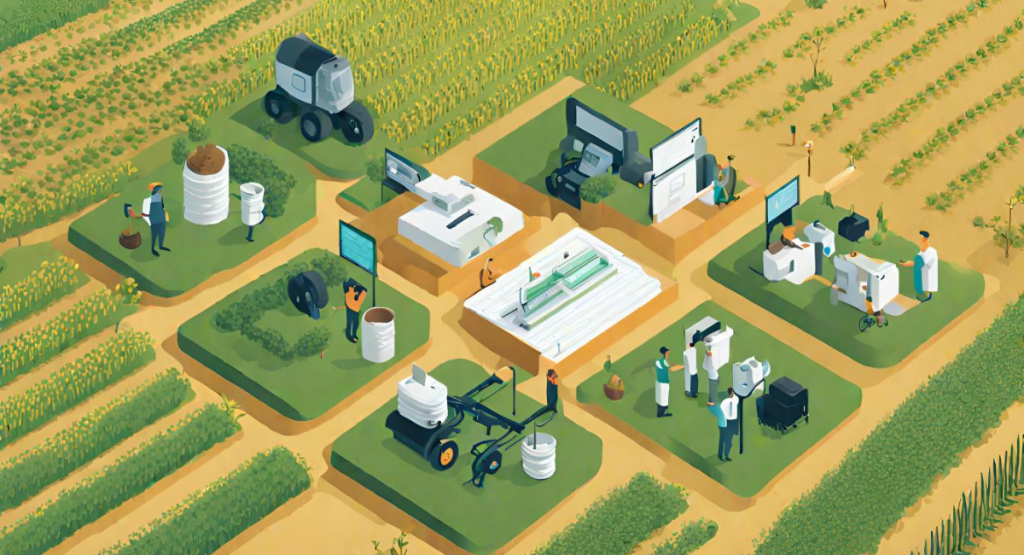

Training and Education Programs:
Include training and education programs as part of the FAAS package. Equip farmers with the necessary skills to leverage digital tools effectively. This not only enhances adoption rates but also contributes to the empowerment of farmers in embracing modern agricultural practices.


Partnerships with Agri-Tech Startups:
Forge partnerships with local agri-tech startups that specialize in complementary services, such as weather forecasting, market intelligence, and logistics. By integrating these services into the FAAS ecosystem, the model becomes a comprehensive solution, adding further value to farmers.

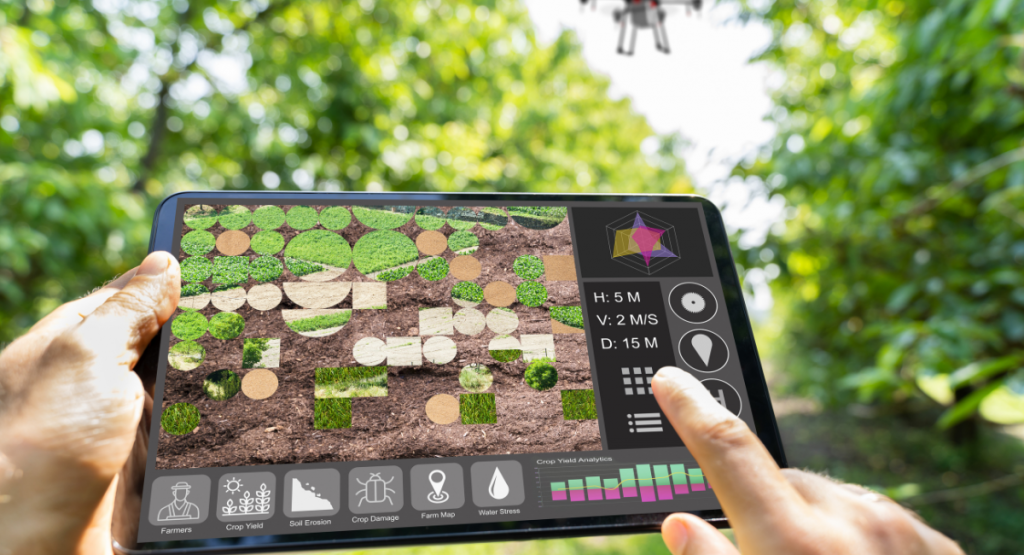
Pay-Per-Use Options for Larger Farms:
For larger farms and agribusinesses, introduce pay-per-use options. This model allows flexibility, enabling farmers to pay based on the extent of services utilized. Tailor pricing structures to accommodate the varying scales of agricultural operations across the country.
Data Security and Privacy Measures:
Given the sensitive nature of agricultural data, prioritize robust data security and privacy measures. Assure farmers that their information is protected, and compliance with data protection regulations is strictly adhered to, fostering trust and long-term relationships.
Implementing this holistic business model not only addresses the unique challenges of the Indian agricultural landscape but also positions FAAS as a catalyst for sustainable growth in the sector. Through accessibility, customization, and strategic partnerships.
FAAS can truly revolutionize Indian agriculture.
MilletMart Venture Private Limited Can be Reached at.
Sharing is caring!

